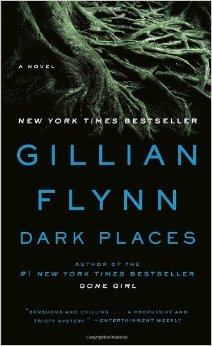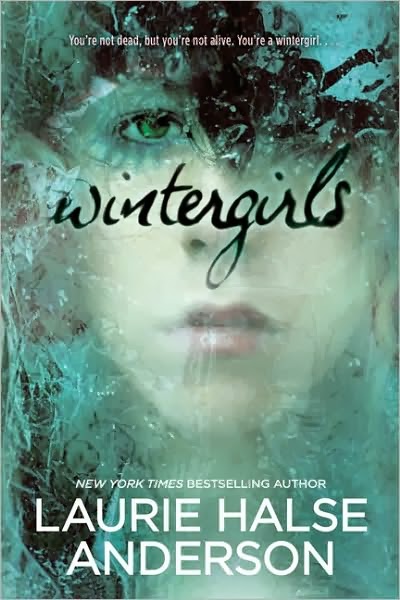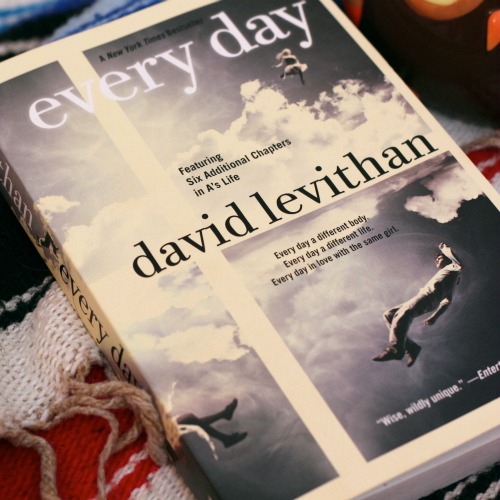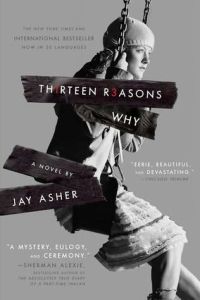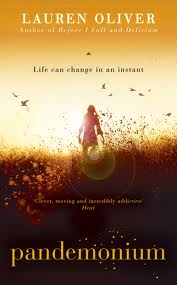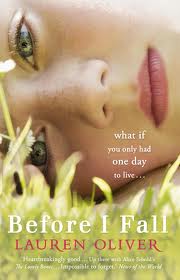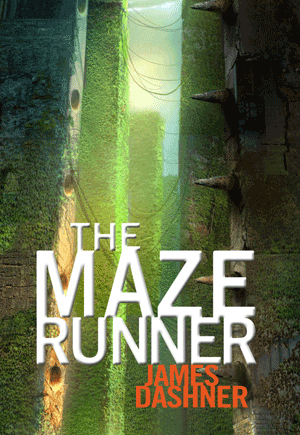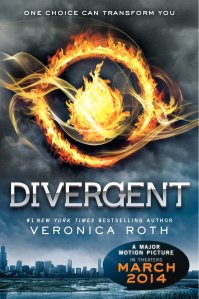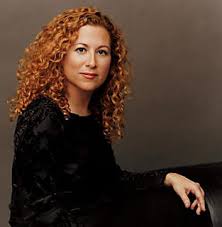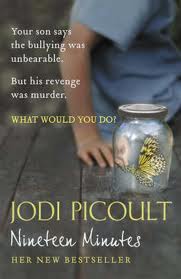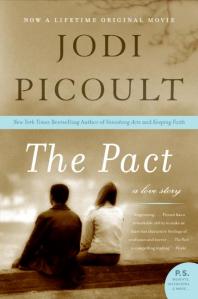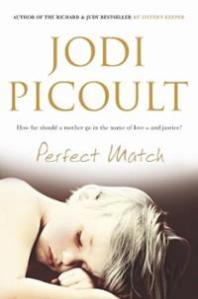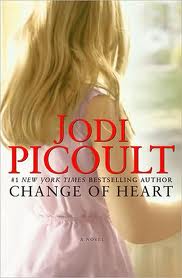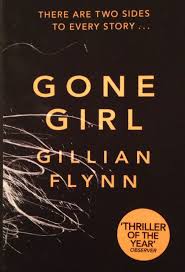You may know from reading this blog that I have a wee obsession for Gillian Flynn; after devouring Sharp Objects and Gone Girl in quick succession, I really don’t know what took me so long to read Dark Places. But whatever the reason, I made up for lost time by reading this book in about two days (who needs sleep anyway?).
Flynn once again delves deep in the disturbed realm of a psychologically scarred individual, and presents us with the story of Libby Day. Libby is a nondescript 32 year old, made semi-famous after the brutal murder of her mother and two sisters when she was eight years old. Libby remembers hiding in a closet as her family was massacred, and she testified that it was her older brother Ben who committed the crime that destroyed her family.
Living for the last 24 years on the money charitably given to the ‘Libby Day foundation’, Libby is now running out of resources. As she is too inherently slovenly and lazy to actually get a job, she turns instead to a mysterious group known as the ‘Kill Club’, whose hobby it is to solve questionable murder cases and fulfil their voyeuristic urges to know every gory detail regarding high-profile murders.
The Club believes that Ben is innocent, and they’re willing to pay Libby to prove it. But Libby has spent her whole life blocking out that terrible period of her life, doing everything she can to avoid the dark places of her youth – can she really go back there after all this time? And what if the club is right, and Ben really is innocent? Who then killed her family?
With a drunk, money-grabbing leach of a father and another family who were destroyed by the alleged crimes of Ben Day, there are many who could have had it out for the penniless, lower class Day family on the day of their murder.
Flynn has a talent for creating characters so utterly devoid of compassion or kindness, they are resolutely unlikeable. But where in most books it helps to have a character the reader can empathise with, relate to, or simply like, this doesn’t seem to matter at all with Flynn’s storytelling – she could be writing about a slug’s slow journey down the front driveway, and we’d all still be riveted.
Flynn has also not lost her skill for completely and utterly pulling the rug out from under the reader – as with all her novels, no matter who you think did it, trust me; you’re wrong. The journey Flynn takes you on in through her writing is emotional, turbulent and unsavoury – she truly does take you to some dark places.
